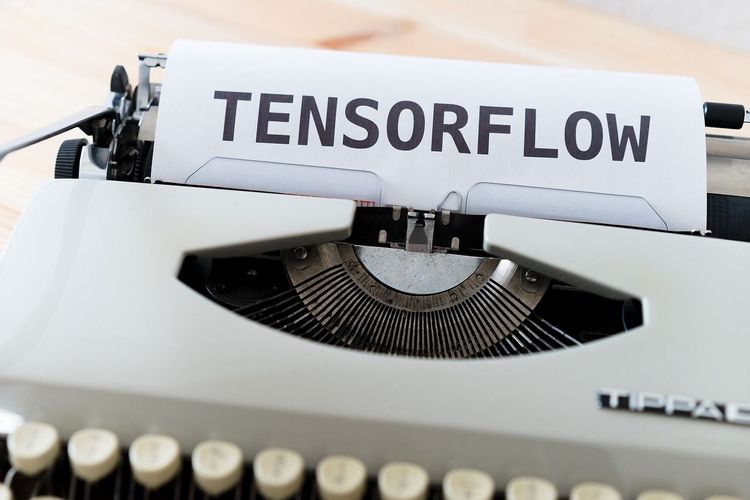Leading officials from the Department of Justice have raised alarms regarding the risks posed by artificial intelligence (AI) in the lead-up to this year's presidential election. During a recent meeting of the DOJ's Election Threats Task Force, they voiced concerns over the potential use of AI to disseminate misleading information and hate speech.
Attorney General Merrick Garland emphasized the increasing complexity and dangers associated with election interference. He noted that technological challenges, particularly those originating from foreign entities, have escalated. “We are prepared to confront them,” Garland reassured, asserting the DOJ’s commitment to safeguarding both public safety and democratic processes. The department plans to collaborate closely with the National Security Division and FBI to protect voters' rights.
“Together, we promise that we will be relentless in defending the right to vote and ensuring the safety of the public servants who make the democratic process possible,” Garland stated.
Deputy Attorney General Lisa Monaco echoed these sentiments, highlighting how emerging technologies like AI afford criminals innovative and cost-effective means to spread misinformation while concealing their identities. “Violent threats utilizing AI are still violent threats,” Monaco stressed, indicating that the DOJ is determined to pursue enhanced sentences for those who exploit AI to disrupt the election.
Election workers, who operate on the front lines of this heightened threat landscape, are receiving particular attention. Monaco confirmed that the Election Threats Task Force remains committed to identifying and holding accountable those who threaten these vital public servants, their families, and the integrity of the electoral process.
FBI Director Christopher Wray shared insights on the agency's strategy to combat election interference. He outlined efforts to gather and share threat information with agencies like the DOJ. "We are preparing for the full range of potential election threats, ensuring open communication to quickly disseminate vital information regarding these threats," Wray articulated.
Additionally, each of the FBI’s 56 field offices has designated election crimes coordinators—special agents and intelligence analysts ready to respond to any emerging threats. "When it comes to protecting elections, partnership and preparation are essential," Wray emphasized.
The misuse of AI in the electoral landscape is already evident. Earlier this year, during the primaries, New Hampshire voters were targeted with fake calls impersonating President Biden, misleading them into staying home on election day. Furthermore, a proliferation of AI-generated deepfakes featuring prominent political figures like President Biden and Donald Trump has emerged on platforms such as YouTube, made possible by readily accessible deepfake technology.
In conclusion, the intersection of AI and election integrity presents a pressing challenge. With collaborative efforts between the DOJ, FBI, and election officials, the aim is to navigate this complex environment and ensure that the democratic process remains robust and secure in the face of evolving technological threats.







